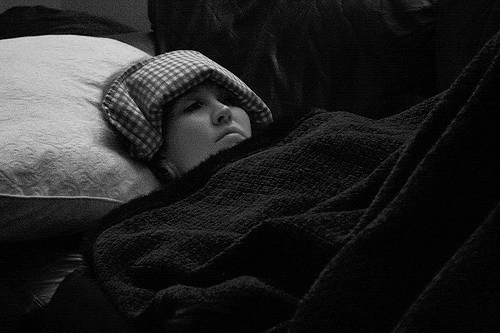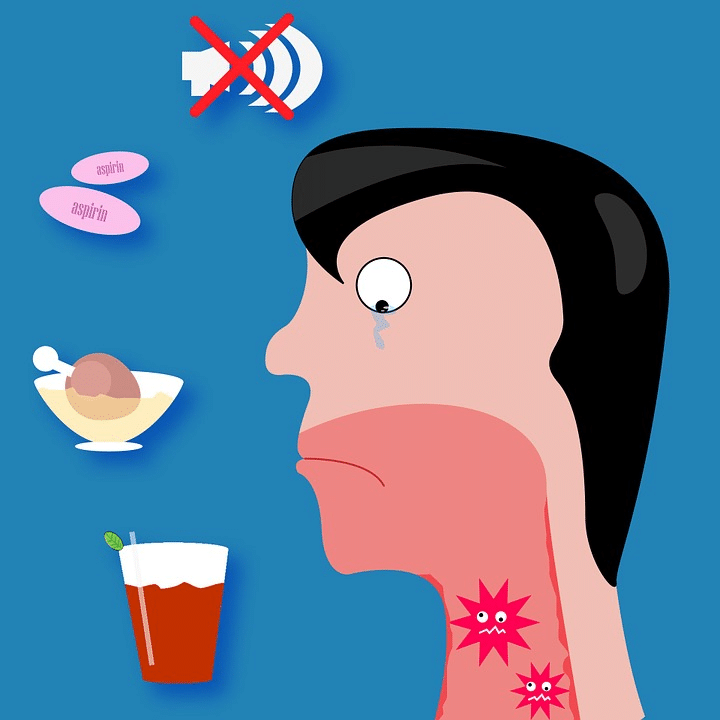5.4 – It hurts! To bolí!
bolet ‘to hurt’
The verb bolet is used when you wish to express that something hurts. In Czech, the structure is literally head hurts me for ‘my head hurts, I have a headache’ or leg hurts him for ‘his leg hurts’.
In other words, the body part hurts the person and that person is the direct object of the hurting. So what case do they need to be in?
…
…
…
That’s right, the accusative case. See the examples below:
|
Sáru bolí hlava. Sára’s head hurts’ |
Tomáše bolí záda. Tomáš’s back hurts – lit. Back hurts Tomáš. |
Now, you might want to say that ‘my head hurts’ or ‘his back hurts’, or something like this. For that you’ll need accusative forms of pronouns ( since it literally is head hurts me):
|
nominative form |
accusative form |
|
já |
mě |
|
ty |
tě |
|
on |
ho |
|
ona |
ji |
|
my |
nás |
|
vy |
vás |
|
oni (ony, ona) |
je |
These always go in 2nd position. Check out some examples below:
|
Bolí ji nohy. Her feet hurt. lit. – Feet hurt her. |
Bolí ho hlava. His head hurts. lit. – Head hurts him. |
Just one more example with a slight twist. If you want to say my throat hurts, you literally say it hurts in my neck:
|
Bolí mě v krku. My throat hurts. lit. – it hurts in my neck. |
Images used in this document come from these sources.





